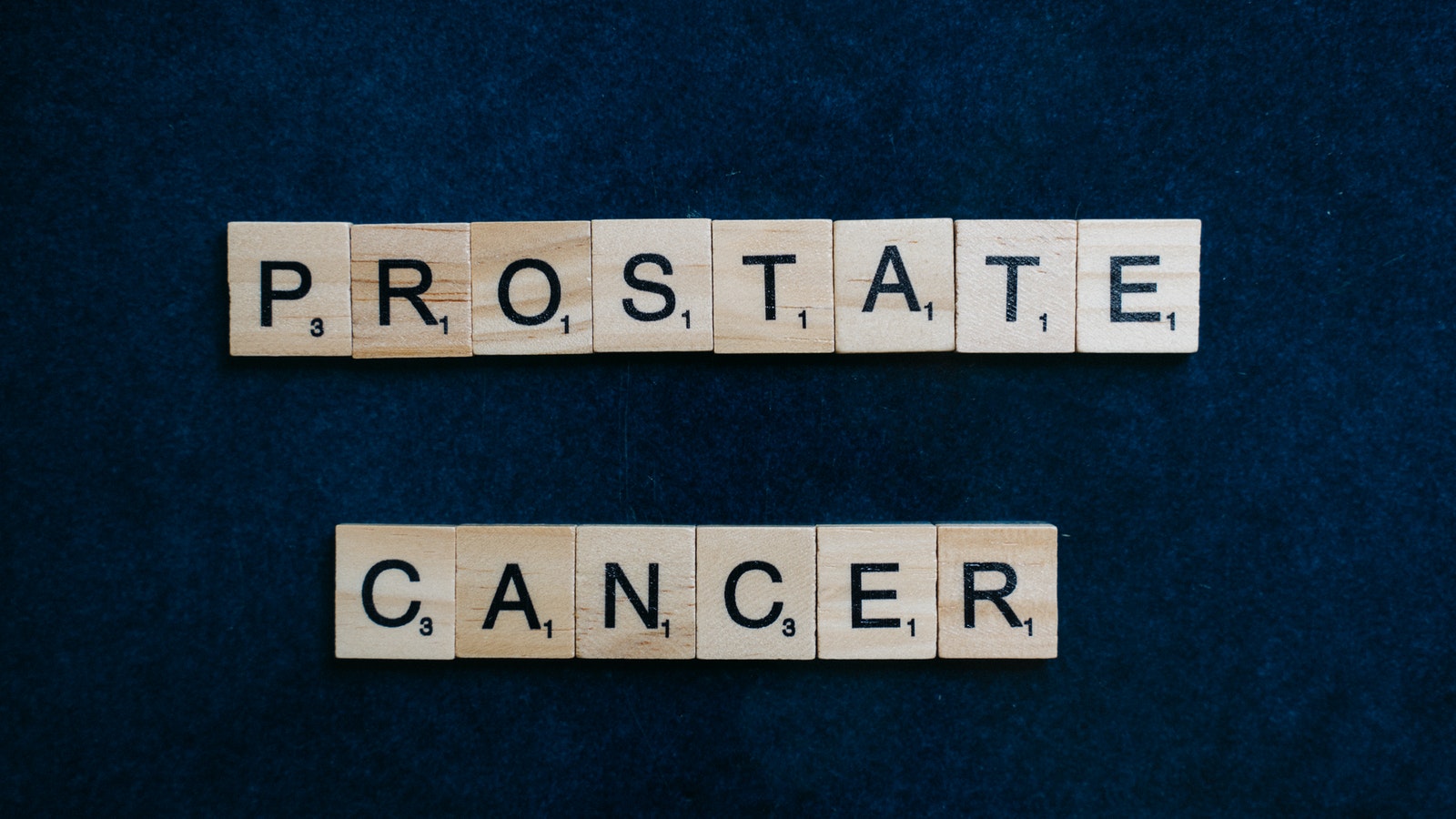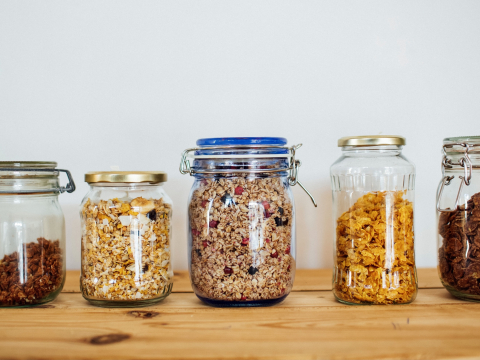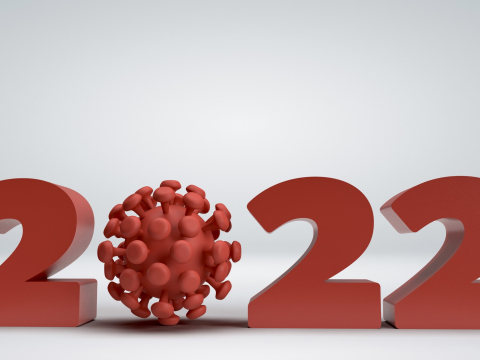By Tim Arnott — Don’t Just wait for a prostate cancer diagnosis. There are things you can do now to prevent it.
Did you know what you eat, drink, and do with your body is more powerful than genes your parents gave you? Scientists estimate DNA sequences or genes explain approximately ten percent of variance in health status, but epigenetics (switches that turn genes on or off) explain about 70-90 percent of health variance.[i] These gene switches are heavily influenced by our lifestyle. This is good news! In other words, if we change how we live, our DNA begins to work for us, rather than against us.
Although the epigenetic gene switches are inherited, these can be changed and modified by environmental and genetic factors. Lifestyle, especially diet, has a major influence. One of the epigenetic mechanisms is a process in the nucleus of the cell called methylation. Adding methyl groups (a carbon attached to three hydrogens) to the DNA can activate or repress genes. Eating a plant-based diet increases your ability to methylate your genes.[ii] Methyl groups come through plant foods and B vitamins (found in whole grains). Has this theory been tested? Yes. For example, Ornish and colleagues found intensive nutrition and lifestyle changes changed the expression of more than 500 genes. Namely, 453 genes that tend to promote prostate cancer were downregulated (turned down) and 48 genes and tend to reduce prostate cancer risk were upregulated (turned up). In other words, after eating a ten percent fat, whole food plant-based diet, exercising, participating in group support and stress reduction activities, these prostate cancer patients were experiencing changes at the gene level lowering risk of recurrent prostate cancer.[iii]
There are other things men can do to lower risk of prostate cancer, let’s consider some of them. Dr. Brooks and colleagues at Duke University found men with high selenium levels were at a 76 percent lower risk of prostate cancer than were men with the lowest selenium levels. Dr. Jacobsen of Loma Linda University found men drinking soy milk more than once a day at 70 percent lower risk of prostate cancer than men who rarely or never drank soy milk. Dr. Ahonen reported in the journal Cancer Causes and Control men with high levels of vitamin D at less than one-third the risk of prostate cancer of men with lowest levels of vitamin D in their blood. Another study reported men with the smallest waistlines and lowest insulin levels with risk of prostate cancer only 12 percent of men with largest waistlines and highest insulin levels. Dr. Giovannucci reported in the Journal of the National Cancer Institute men eating more than ten servings of tomato a week at 35 percent lower risk of prostate cancer than men who ate less than one and a half servings a week. Dr. Chan reported a study in which those men using the fewest dairy products at 34 percent lower risk of prostate cancer than men eating the most. And finally, Dr. Reichman conducted a study in which men with highest vitamin A levels had less than half the prostate cancer risk of the men with lowest vitamin A levels.
Based on these studies, the following healthy changes may help lower your risk of prostate cancer or of someone you love: use tomato puree or crushed tomato generously (tomato puree is one of the few tomato products with no added salt). Eat three Brazil nuts daily (400 mcg of selenium). Choose only 100 percent whole grains. Use soy milk instead of cow’s milk. Choose cashew or tofu-based sauces in place of cheese. Expose face, arms, legs, back or chest skin to direct sunlight approximately fifteen minutes daily between 10AM and 3PM daily, even on cloudy days. Be very careful never to burn your skin with excessive sunlight exposure! Take 1,000 IU to 2,000 IU of plant-based vitamin D3 daily, no more. Eat generously of cruciferous vegetables. Choose orange and yellow fruits and vegetables. Finally, consult with your physician regarding annual prostate cancer screening tests and whether they are medically appropriate, namely, an annual prostate exam and/or PSA after age fifty, as these are not generally recommended for prostate cancer screening.[iv] More specifically, there is clear evidence screening with a prostate-specific antigen (PSA) test can reduce the number of deaths from prostate cancer. However, prostate cancer is often so slow growing it would not cause any problems. For that reason, many men do not benefit from treatment for prostate cancer and may unnecessarily suffer side effects, such as long-term problems with urinary and sexual function.[v] For this reason, it is important to follow specific age-matched cancer screening guidelines in consultation with your primary care physician or urologist.
Clearly, there are many changes one can make today that may help lower prostate cancer risk. Now, you may say, but I’m more concerned about BPH (benign prostatic hypertrophy). I’m getting up more than three times a night to use the bathroom. I’m having difficulty urinating. In order to improve this disease, we must understand the cause. The cause of an enlarged prostate is thought to be largely due to high levels of circulating insulin.[vi],[vii] What is the solution? The key to improvement are foods that raise blood sugar the least and are lowest in saturated fats, especially those of animal origin, and vigorous daily physical exercise. What foods could possibly be both low glycemic (least able to raise blood sugar) and low fat (especially saturated fat)? Low glycemic whole plant foods, such as beans, peas, lentils, garbanzos, hulled barley, whole wheat and rye berries, cooked like you would cook brown rice (soak these overnight before cooking), Northern fruits (fresh or frozen), above-ground vegetables, and spouted whole wheat breads (Ezekiel and Alvarado Street breads). For a more detailed list, go to drnewstart.com, select “Handouts” and scroll down to the “Reverse Diabetes” handout.[viii] Of course, some individuals may need more formal treatment measures recommended by your physician, so work closely with them and follow their recommendations. However, medications and surgical procedures are primarily used to treat symptoms, so it makes sense to make changes to remove as much of the underlying cause of BPH as possible.
Finally, take time for Christian meditation. Start a prayer journal. Take time to still completely still and ask the Lord to speak to your mind anything relating to your health He thinks is important and wait for a few minutes (three to seven, perhaps), and write down thoughts and impressions that come to your mind. Use common sense, follow Biblical principles, but explore this Christian discipline. Consider this counsel, “We must individually hear Him speaking to the heart. When every other voice is hushed, and in quietness we wait before Him, the silence of the soul makes more distinct the voice of God. He bids us, “Be still, and know that I am God.” Psalm 46:10. This is the effectual preparation for all labor for God.”[ix]
[i] Kelly J. Clayton JS. Foundations of Lifestyle Medicine, Board Review Manual, 3rd Edition. ACLM. ©2021, p. 11.
[ii] Kelly J. Clayton JS. Foundations of Lifestyle Medicine, Board Review Manual, 3rd Edition. ACLM. ©2021, p. 149
[iii] Ibid.
[iv] Arnott, Tim. Dr. Arnott’s 24 Realistic Ways to Improve Your Health. Pacific Press Publishing Association. Kindle Edition.
[v] https://www.mskcc.org/cancer-care/types/prostate/screening/screening-guidelines-prostate
[vi] Breyer BN. Curr Urol Rep. 2014 Dec;15(12):462.
[vii] Vikram A. Eur J Pharmacol. 2010 Sep 1;641(2-3):75-81
[viii] https://www.drnewstart.com/handouts
[ix] White, EG. The Ministry of Healing. Pacific Press Pub Assn: Mountainview, CA, © 1905, p. 58.



